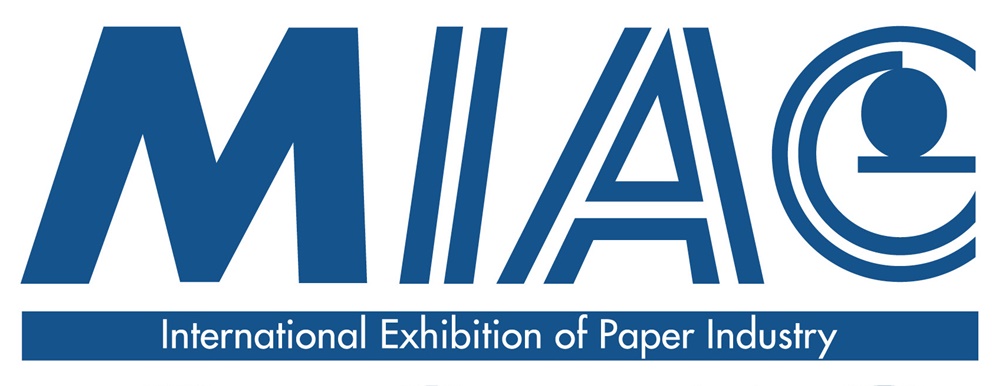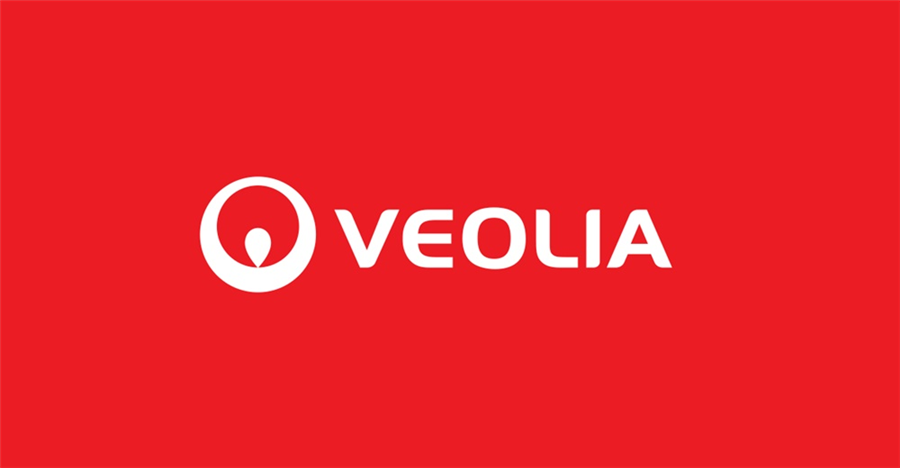NEWS
Veolia to deliver key chemical removal technology to leading global pulp producer
Veolia Water Technologies will support a major expansion of a mill in Brazil by providing a turnkey chloride removal system designed to optimize the processing of wood-derived pulp used in the making of cellulose fibers.
Eucalyptus forests grow faster in Brazil than in almost any other region of the world. Many of these national wood resources are increasingly used for dissolving wood production that meets the fast-growing demand from apparel brands for making textiles with renewable fibers instead of synthetic ones. On the back of this trend, one of the world’s largest pulp producers is expanding its dissolving wood pulp operations in Brazil to convert the cellulose of hardwood forests into the raw material to produce not only staple fibers (rayon-grade) or viscose filament yarns but also specialty fibers used in the manufacturing of a wide variety of pharmaceutical and food products.
The pulping production uses a washing and cleaning process to increase the purity of the pulp. The resulting product of this process is a liquid stream that is rich in organics for energy production. This liquor, however, requires careful management and removal of chemicals to avoid the undesired build-up of chloride and potassium in the recovery cycle, which if left uncontrolled, can create corrosion and boiler fouling.
To prevent significant boiler capacity losses and increased operating costs, Veolia will treat 650 tons per day of precipitator ash. Based on advanced crystallization technology, HPD® Enhanced Chloride Removal Process (ECRP™) will be integrated into the project to yield the best control of sodium recovery and chloride removal steps.
“Veolia is proud of enabling substantial chemical savings at yet another world-class pulping project in Brazil. Recycling inputs and cutting waste while making pulping operations more productive and sustainable are at the heart of our technologies. We are pleased to make pulping processes more resource-efficient in Brazil and all over the world” stated Jim Brown, CEO, Veolia Water Technologies Americas.
The benefits of purging chloride and potassium residuals in the recovery cycle are not limited only to the economic boost of lower operating costs and improved steam generation in the recovery boiler. Equally important, ECRP’s recovery of soda chemicals from the mother liquor also makes environmental gains by protecting the health of wildlife and waterways through limited emissions of sulfur compounds and minimized losses of sulfate salts.
Through the continuous improvements in HPD® evaporation and crystallization systems, Veolia helps global producers make pulping operations safer, cleaner and more efficient to further reduce their environmental impacts and create economic value through the responsible management of closed-loop industrial processes.








